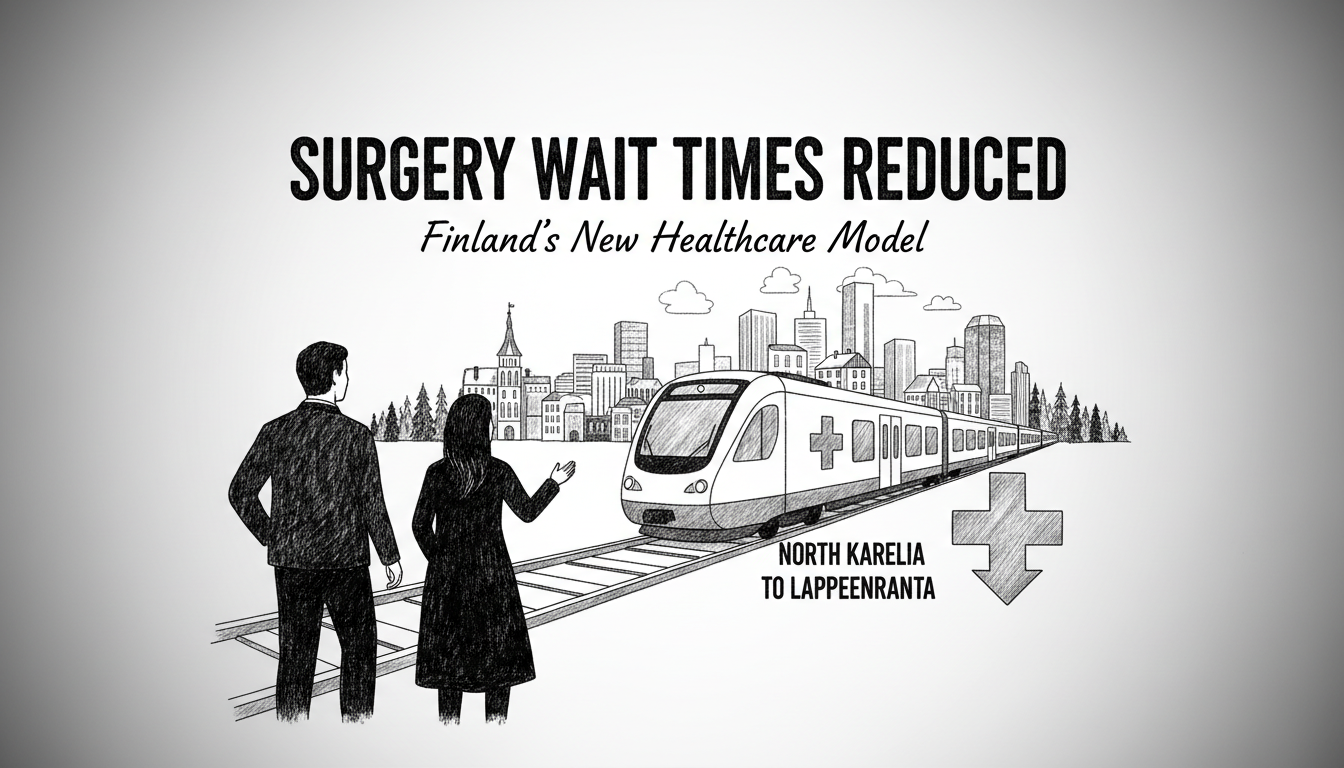North Karelia's wellbeing services county Siun sote is tackling surgical waiting lists using additional state funding. The initiative begins next week according to officials. The Finnish government granted Siun sote 2.6 million euros in late October to secure social, healthcare, and rescue services. This makes Siun sote the first wellbeing services county to receive such supplementary funding.
Officials confirmed that 1.8 million euros from this allocation will address non-urgent specialized healthcare queues. Meanwhile, North Karelia Central Hospital continues its own separate queue reduction efforts that started in October. The approach involves collaboration with private providers and other wellbeing services counties. This means patients can receive surgery outside North Karelia when necessary.
This development reflects Finland's ongoing healthcare restructuring through the wellbeing services counties reform. The 2023 reform transferred healthcare responsibilities from municipalities to 21 new regional entities. Many regions now face similar challenges with surgical backlogs. The government's targeted funding indicates recognition of these systemic pressures.
Patients in remote areas like North Karelia often face longer wait times due to specialist shortages. Sending patients to Lappeenranta in South Karelia represents a practical solution. It utilizes existing capacity in neighboring regions rather than building new local infrastructure. This inter-regional cooperation model could set precedents for other Finnish healthcare districts struggling with similar issues.
The funding arrives during Finland's transition to regional healthcare governance. Many analysts question whether temporary injections can solve structural challenges. The real test will be whether these measures create lasting improvements or merely provide short-term relief. Healthcare professionals await evidence that the approach sustains quality care while reducing wait times.
International readers should understand that Finland's universal healthcare system typically offers high-quality care but faces demographic and geographic challenges. Aging populations and rural distribution create particular pressures for regions like North Karelia. The current measures show adaptive approaches within Finland's evolving healthcare landscape.
